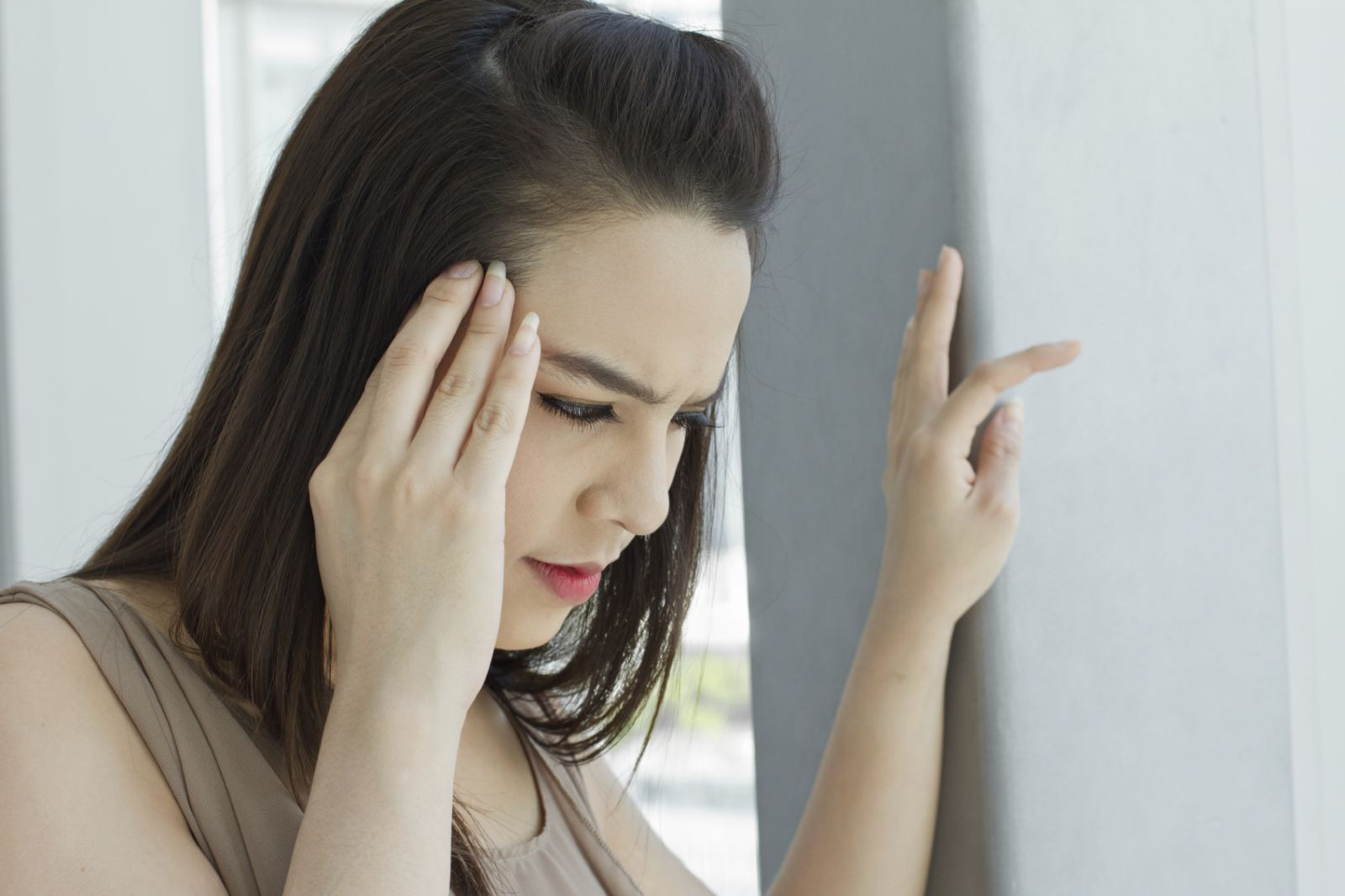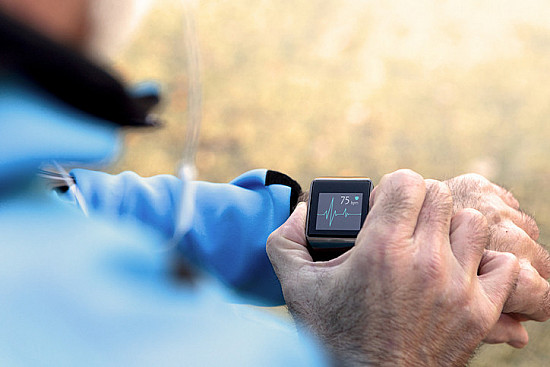Lightheaded? Top 5 reasons you might feel woozy
Causes of lightheadedness may be dehydration, medication side effects, sudden blood pressure drops, low blood sugar, and heart disease or stroke.
- Reviewed by Howard E. LeWine, MD, Chief Medical Editor, Harvard Health Publishing; Editorial Advisory Board Member, Harvard Health Publishing

Feeling woozy, lightheaded, or a little faint is a common complaint among older adults. Although it's not usually caused by anything life-threatening, it could be, so you need to be careful.
Even if the lightheadedness does not have a serious cause, it could lead to serious injuries from a fall. And at the worst, the cause may itself be life-threatening.
If you feel lightheaded and/or woozy, have a drink of water or orange juice and lying down. If symptoms last more than 15 minutes, he says it's time to seek medical help in an urgent or emergency care setting. Even if symptoms are brief, and even if you think you know the cause, report the lightheadedness to your doctor.
What causes lightheadedness?
Following are the top causes of lightheadedness and common fixes.
Dehydration
You may become dehydrated if you're overheated, if you aren't eating or drinking enough, or if you're sick. Without enough fluids, the volume of your blood goes down, lowering your blood pressure and keeping your brain from getting enough blood, causing lightheadedness. A glass of water may be enough to make you feel better, but if you haven't been eating or drinking much for days, it will take more than that to rehydrate your body. You may need an intravenous infusion of fluid. A doctor can order a blood test to see if you also need electrolytes like potassium.
Drug side effects
Sometimes medications make you feel lightheaded, especially those that lower your blood pressure or make you urinate more. If they work too well, they'll lower your blood pressure too much and make you lightheaded. The fix may be as simple as adjusting the dose or trying a different drug.
Sudden drop in blood pressure
The autonomic nervous system helps the body regulate the shift in blood pressure when we stand up. As we get older, this system may deteriorate, causing a temporary drop in blood pressure when we stand — known as orthostatic hypotension — resulting in lightheadedness. This may be a long-term problem, but there are medications to treat it, such as midodrine and fludrocortisone (Florinef), so this too warrants a trip to your doctor.
Low blood sugar
When you don't have enough blood sugar, every system in your body goes on reserve to use as little energy as possible, including your brain, making you feel lightheaded or confused. It may only take a drink of juice to relieve your symptoms, but it's best to get your blood sugar levels checked, especially if you need more glucose (sugar) in intravenous or pill form.
Heart attack and stroke
At its most serious, lightheadedness may be a sign of a heart attack or stroke. Other symptoms of a heart attack often accompanying lightheadedness are chest pain, shortness of breath, nausea, arm pain, back pain, or jaw pain. Symptoms suggesting a stroke are the sudden onset of headache, numbness, weakness, visual changes, trouble walking, or slurred speech. But in older adults, lightheadedness may be the only symptom of a heart attack or a stroke, especially if it doesn't go away. In that case, every minute counts, so seek emergent care.
Dizziness from vertigo: How it's different from lightheadedness"Are you feeling lightheaded or dizzy?" your doctor may ask. Although it is often hard to tell the difference, your answer may have a big impact on how the doctor moves forward with diagnosis. Lightheadedness is not the same as dizziness from vertigo, which refers to feeling like your surroundings are spinning. Causes of vertigo include medication side effects; infections or other disorders of the inner ear; M'nière's disease, which attacks a nerve important in balance and hearing; benign paroxysmal positional vertigo, when tiny crystals in the inner ear become dislodged and move around inside the ear canals; and rarely a stroke that occurs in the back part of the brain. |
Image: 9nong/Getty IMages
About the Reviewer

Howard E. LeWine, MD, Chief Medical Editor, Harvard Health Publishing; Editorial Advisory Board Member, Harvard Health Publishing
Disclaimer:
As a service to our readers, Harvard Health Publishing provides access to our library of archived content. Please note the date of last review or update on all articles.
No content on this site, regardless of date, should ever be used as a substitute for direct medical advice from your doctor or other qualified clinician.















